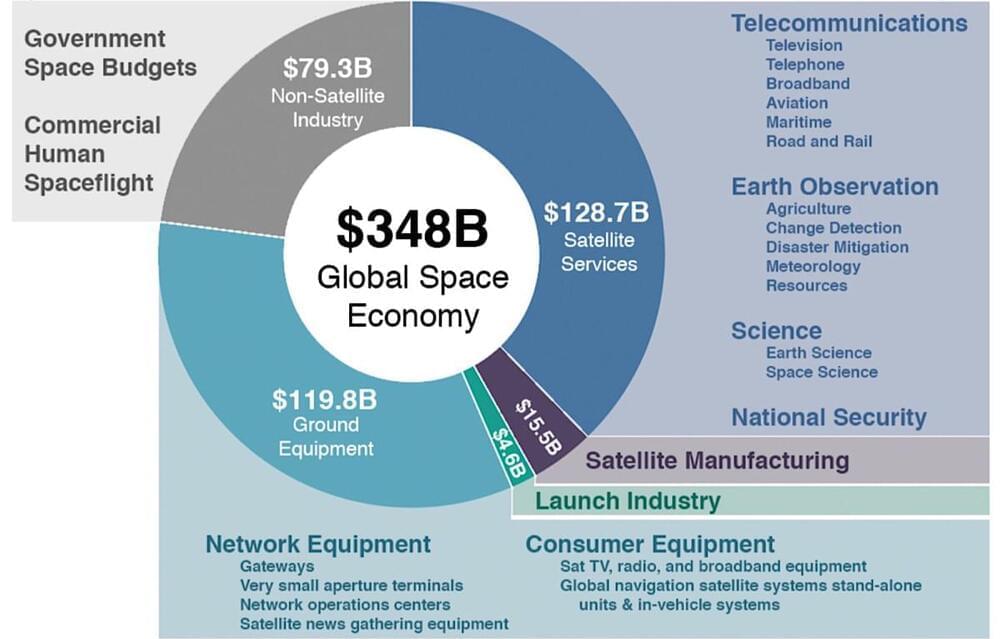Circa 2021 Synthetic silicon dna storage.
In research, the demand for DNA strands often outpaces supply. To help supply keep up, researchers may set aside traditional molecular cloning techniques and embrace polymerase chain reaction select PCR)-based techniques. Alternatively, researchers may perform gene synthesis, or the de novo chemical synthesis of DNA. Besides accelerating the creation of genetic sequences, gene synthesis avoids the need for template strands and simplifies procedures such as codon optimization and the fabrication of mutant sequences.
Although gene synthesis can be performed in house, many laboratories prefer to focus on their core competencies and outsource their gene synthesis projects to service providers, especially if sequences of over 1,000 base pairs are desired. Outsourcing also allows laboratories to take advantage of service providers’ economies of scale and quick turnaround times. Finally, service providers offer ease of use. Clients can go online, upload the desired sequences, choose the vector, get the price, and place the order. The entire process takes only a few minutes, and the genes can be delivered a few days later.
Researchers needing a few genes have a choice of several providers. But what if researchers need 10,000 genes? “We’re probably the only game in town,” suggests Emily Leproust, PhD, co-founder and CEO of Twist Bioscience.






